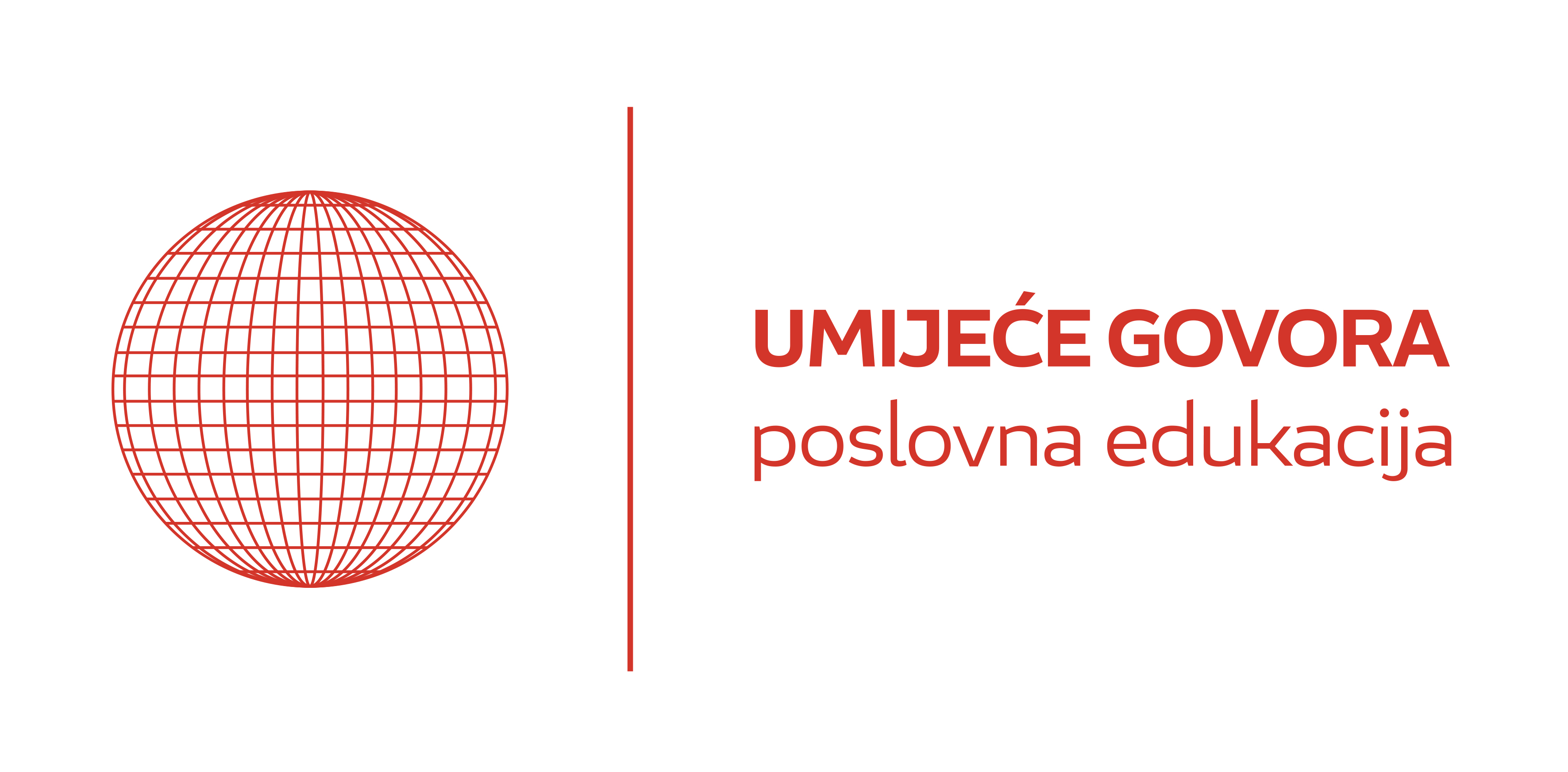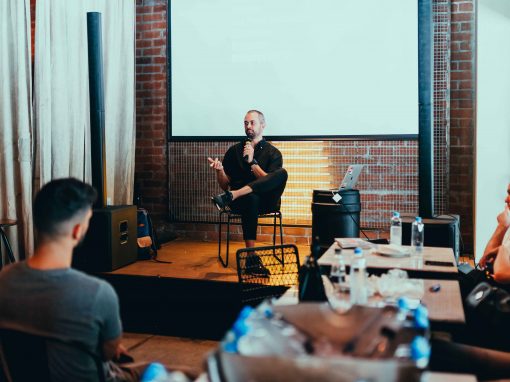Greta Thurnberg - A New Ecospeak
Greta Thurnberg – a New Ecospeak
Objavljeno u mjesečnom magazinu za gospodarstvo i diplomaciju Diplomacy and Commerce
Sustainability as a disruptive concept of the new decade has echoed also in a rhetorical field, providing a platform for the rise of a new approach to the environmental discourse. Greta Thurnberg is its prominent voice.
„The wind of change blows straight into the face of time “, once sang the Scorpions, and it seems the song couldn’t be more actual right now. Living in the era of the Fourth industrial revolution things are going greener, leaders younger, business digital.
The Swedish climate activist Greta Thunberg has become known globally for her environmental campaign. In August 2018, aged 15, Thunberg began solo climate protest by striking from school. She has since been joined by tens of thousands of school and university students in more than a dozen countries, in climate strikes that have become regular events. A global strike in March drew more than a million people, surpassed in September 2018 by the biggest yet with at least 4 million. Thunberg has described the rapid spread of the strikes around the world as amazing. “It proves you are never too small to make a difference,” she said. She has attracted criticism, particularly from rightwing commentators, who claim she is too young or naive to know what she is talking about. Thunberg has insisted she is just relying on the science (theguardian.com). Yet, she builds her persuasion on pathos (on raising emotions) rather than only on logical appeal. Her messages are loaded with accusations, evokes fear for the future, blaming the elites for the current situations. For example, her message from the World Economic Forum in Davos last month: „Our house is still on fire. “Your inaction is fueling the flames by the hour.”, evokes panic and put blame on the world leader.
Environmental communication is a lot more than just negotiating about environment in different social, cultural, political, economic, and linguistic settings, it is “the pragmatic and constitutive vehicle for our understanding of the environment as well as our relationships to the natural world”. According to this theory, the pragmatic vehicle concerns a set of instrumental functions aimed at educating, training, persuading, convincing, alerting, motivating, mobilizing, solving, making decisions, in other words, making people react. At the same time, the constitutive vehicle focuses on performance of creative function aimed at assisting to shape or even reconsider our views, roles and perceptions of nature and surrounding environment. (Platonova, 2015).
The public discourse is more and more sensible on topics such as climate changes and environmental sustainability. In this light even the Davos Manifesto 2020 encompasses for the first-time words related to the natural preservation. It states that a company is more than an economic unit generating wealth. It fulfils human and societal aspirations as part of the broader social system. Performance must be measured not only on the return to shareholders, but also on how it achieves its environmental, social and good governance objectives. Executive remuneration should reflect stakeholder responsibility. In the section A of the Manifesto we can read that „the purpose of a company is to engage all its stakeholders in shared and sustained value creation. In creating such value, a company serves not only its shareholders, but all its stakeholders – employees, customers, suppliers, local communities and society at large “. Explaining in the section B that „the company is more than an economic unit generating wealth. It fulfils human and societal aspirations as part of the broader social system. Performance must be measured not only on the return to shareholders, but also on how it achieves its environmental, social and good governance objectives. Executive remuneration should reflect stakeholder responsibility “ (weforum.org).
Regardless Klaus Schwab, and all the white head world leaders, it seems that the soft power of highly aware and motivated young people, even teenagers, could move the world to embrace alternative business models. Melting Arctic could open new economic opportunities. According to Council of foreign relation, the melting of Arctic sea ice to record lows in recent years. “Many forecast Arctic summers will be free of ice in a matter of decades, potentially opening the region up to hundreds of billions of dollars in investment, including energy production, shipping, and fishing. Environmentalists are concerned that a new era of Arctic exploration and development could spoil one of the planet’s last home to iconic wildlife, and climatologists warn that the extraction of Arctic fossil fuels will contribute to global warming at a time when they believe nations should be paring back greenhouse-gas emissions and pursuing alternative energy sources. But for many, the debate is less over whether the region should be developed, but rather if it can be done sustainably and peaceably “(cfr.org).





